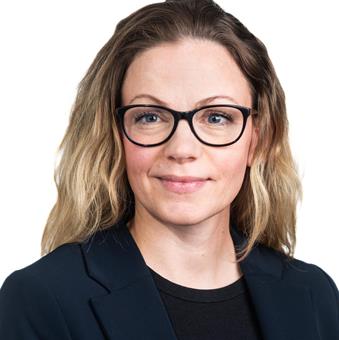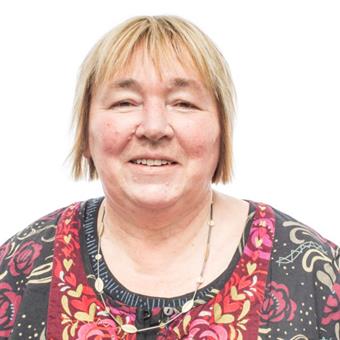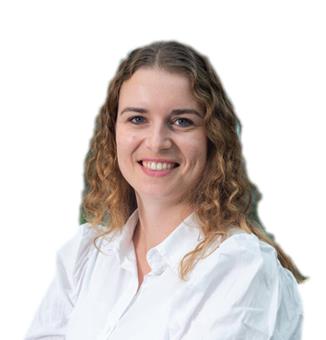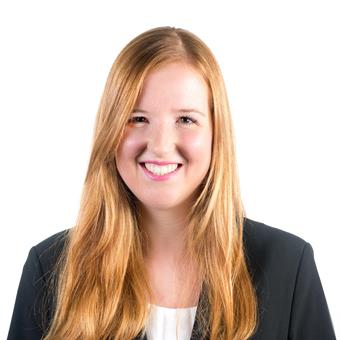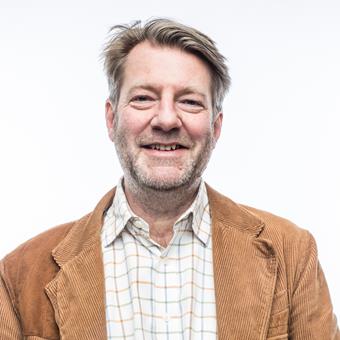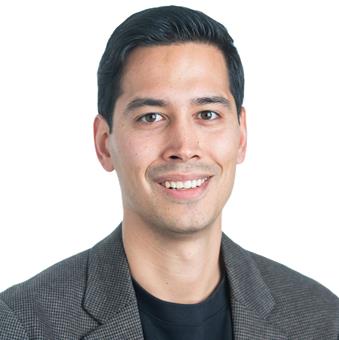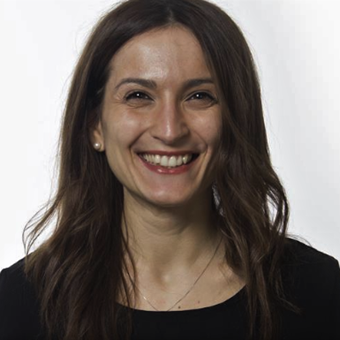
Susanne Kelfve
Senior Associate Professor, Head of Division
My research focuses on the (un)equal living conditions of older people at the intersection of individual life courses, societal structures, and social policy.
Presentation
My research is mainly about inequality in later life between different groups in the society.
I am interested in patterns of living conditions, how these living conditions changes over time and the impact of these differences for quality of life, health and longevity. In addition, I have a special interest in methodological challenges in population studies about older people’s health and living conditions. From an inequality perspective, it is essential that all people are represented in studies used for research and political decisions. I mainly work with large population studies and register data were we look for regularities and associations between different factors.
Research
Publications
2025
 Continue to DOI
Continue to DOI
 Continue to DOI
Continue to DOI
 Continue to DOI
Continue to DOI

